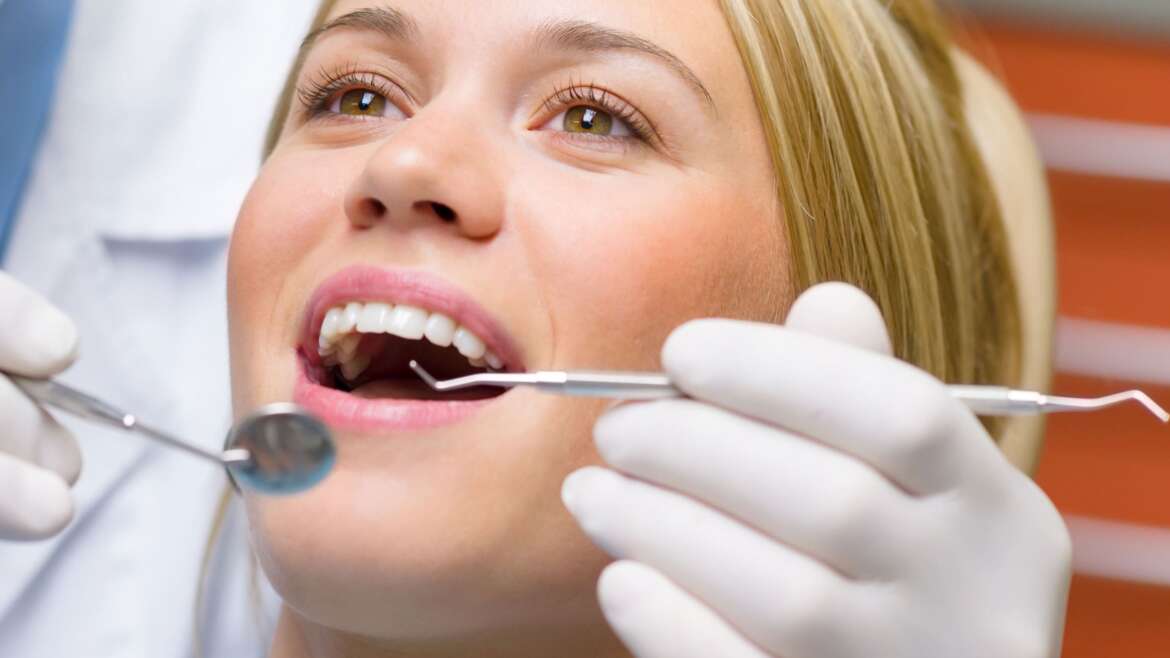Understanding Wisdom Teeth
Wisdom teeth, also known as third molars, are the last set of adult teeth to develop, typically erupting between ages 17 and 25. While some people never develop them, others may experience complications due to lack of space or angle misalignment. capitalchildrens.com+6Health+6airportcenterfamilydental.com+6
Why Do We Have Them?
Historically, our ancestors needed wisdom teeth for chewing tough foods like nuts and roots. As human diets became softer and jaws smaller, these extra molars often no longer fit properly—making them unnecessary for most individuals. mycenters.com+3Verywell Health+3airportcenterfamilydental.com+3
Common Problems Wisdom Teeth Can Cause
-
Impaction: Teeth trapped under the gum or bone, leading to pain, swelling, or infections. Health+15Wikipedia+15Health+15
-
Partial Eruption: A partly emerged tooth creates pockets that trap food and bacteria, increasing risk of decay and gum disease.
-
Crowding & Misalignment: Emerging wisdom teeth may push on adjacent teeth, potentially disrupting orthodontic results. Health+1FindaTopDoc+1oralsurgeryspecialistsatlanta.com+15santaanadental.com+15KidShine+15
-
Infection (Pericoronitis): Swollen, painful gums around emerging wisdom teeth may become infected if not treated promptly. Reddit+15Health+15Wikipedia+15
When Is Removal Recommended?
Your dentist may suggest removal when wisdom teeth:
-
Cause pain or swelling
-
Show signs of infection or decay
-
Are positioned at an awkward angle
-
Risk damaging nearby teeth or bone
-
Are expected to cause future problems, even if asymptomatic
Preventive removal is often recommended during adolescence or early adulthood when roots are not fully developed and recovery is quicker. txoss.com+15Wikipedia+15mannfamilydental.com+15FindaTopDoc+2wisdomteethextraction.com.au+2txoss.com+2mycenters.com+5Health+5rabelfamilydentistry.com+5mycenters.com+7Verywell Health+7FindaTopDoc+7
What to Expect During the Procedure
-
Assessment & X-rays: Your dentist or oral surgeon evaluates whether removal is necessary.
-
Type of Anesthesia: Options include local anesthesia, conscious sedation, or general anesthesia—depending on complexity and patient comfort. capitalchildrens.com
-
Extraction: Simple extractions may occur in-office. Impacted or partially erupted teeth often require surgical removal, potentially under sedation. Verywell Healthcapitalchildrens.com
Recovery & Aftercare Guidelines
-
Initial Rest: Allow 2–3 days of respite; swelling often subsides within a week. KidShine+15omaok.com+15smileoracles.com+15
-
Pain & Swelling Management: Use ice packs, take pain medication, and eat soft foods. Avoid smoking, using straws, or strenuous activity to prevent complications. Verywell HealthVerywell Health
-
Dry Socket Prevention: This painful condition can occur in 1–5% of cases, more frequently following wisdom tooth removal. Follow postoperative instructions closely to reduce risk. wisdomteethextraction.com.au+5Verywell Health+5dentistbradentonfl.com+5
-
Antibiotics (When Needed): May be prescribed to reduce infection risk, especially after extraction of impacted teeth. KidShine+15Wikipedia+15mycenters.com+15
FAQs About Wisdom Teeth
Q: Do wisdom teeth always need to be removed?
Not always. If they’re healthy, fully erupted, and do not pose a risk, your dentist may recommend monitoring instead of extraction. mycenters.com+8Health+8airportcenterfamilydental.com+8
Q: What age is best for removal?
Between ages 16–20 is ideal, since roots are less developed and surgery is simpler with easier recovery. Cincinnati Children’s Blogtoothfairypediatricdental.com
Q: How long does recovery typically take?
Mild discomfort and swelling usually last 2–3 days; patients often resume normal activity within a week. Full healing may take several weeks. omaok.comVerywell Health
Q: What complications can arise?
Potential risks include infection, dry socket, nerve injury (rare), and delayed healing. Choosing a qualified oral surgeon helps minimize these risks. capitalchildrens.com
Final Thoughts
Wisdom teeth are a common source of dental issues—but not everyone needs removal. With expert evaluation, preventive planning, and careful aftercare, wisdom tooth extraction can be straightforward and recovery smooth. Talk to your dentist to determine the best option for your oral health.
Questions About Your Wisdom Teeth?
Contact AmeriDental to schedule a consult and get personalized guidance on removal, care, and recovery.


